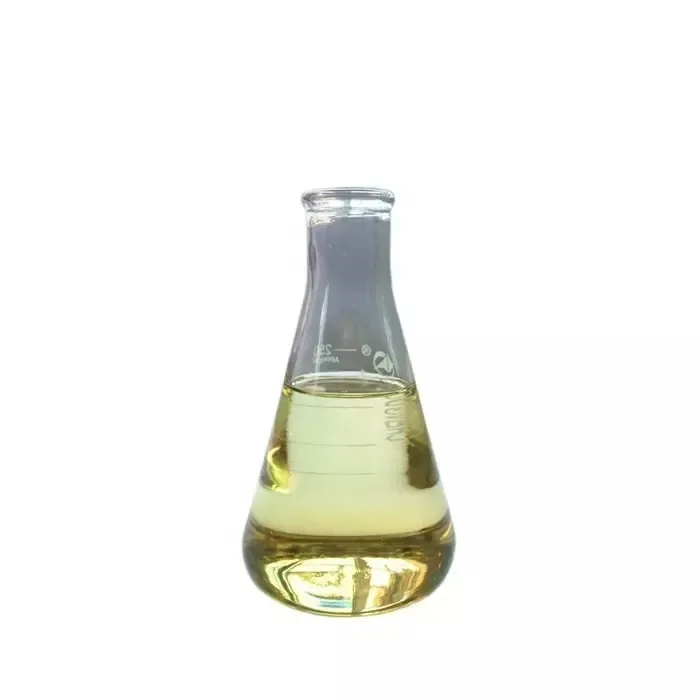 Email: sale@hebeidisha.com
Email: sale@hebeidisha.com
 Tel: +86 13315186550
Tel: +86 13315186550
- Afrikaans
- Albanian
- Amharic
- Arabic
- Armenian
- Azerbaijani
- Basque
- Belarusian
- Bengali
- Bosnian
- Bulgarian
- Catalan
- Cebuano
- China
- China (Taiwan)
- Corsican
- Croatian
- Czech
- Danish
- Dutch
- English
- Esperanto
- Estonian
- Finnish
- French
- Frisian
- Galician
- Georgian
- German
- Greek
- Gujarati
- Haitian Creole
- hausa
- hawaiian
- Hebrew
- Hindi
- Miao
- Hungarian
- Icelandic
- igbo
- Indonesian
- irish
- Italian
- Japanese
- Javanese
- Kannada
- kazakh
- Khmer
- Rwandese
- Korean
- Kurdish
- Kyrgyz
- Lao
- Latin
- Latvian
- Lithuanian
- Luxembourgish
- Macedonian
- Malgashi
- Malay
- Malayalam
- Maltese
- Maori
- Marathi
- Mongolian
- Myanmar
- Nepali
- Norwegian
- Norwegian
- Occitan
- Pashto
- Persian
- Polish
- Portuguese
- Punjabi
- Romanian
- Russian
- Samoan
- Scottish Gaelic
- Serbian
- Sesotho
- Shona
- Sindhi
- Sinhala
- Slovak
- Slovenian
- Somali
- Spanish
- Sundanese
- Swahili
- Swedish
- Tagalog
- Tajik
- Tamil
- Tatar
- Telugu
- Thai
- Turkish
- Turkmen
- Ukrainian
- Urdu
- Uighur
- Uzbek
- Vietnamese
- Welsh
- Bantu
- Yiddish
- Yoruba
- Zulu
Oct . 10, 2024 15:08 Back to list
Investigating the Impact of Aspartame in Flavored Water on Health and Taste Preferences
Exploring the Effects of Aspartame in Flavored Water on Consumer Wellness
In recent years, there has been a growing interest in dietary choices, particularly regarding the use of artificial sweeteners like aspartame. This low-calorie sweetener is commonly found in a variety of food and beverage products, including flavored water. As manufacturers increasingly market flavored water as a healthy alternative to sugary drinks, it is essential to explore the effects of aspartame on consumer wellness and overall health.
Aspartame, a compound made up of phenylalanine, aspartic acid, and methanol, is roughly 200 times sweeter than sucrose (table sugar). As a result, even a small amount can provide the desired sweetness, allowing manufacturers to cut calories and potentially assist consumers in managing their weight. However, while flavored water with aspartame can appeal to those seeking lower caloric options, the implications of its consumption warrant careful consideration.
One significant benefit of aspartame in flavored water is its ability to aid in hydration. Many individuals struggle to consume adequate amounts of water daily. By infusing plain water with appealing flavors, particularly when coupled with the sweetness of aspartame, consumers are more likely to increase their fluid intake. Proper hydration is crucial for maintaining optimal bodily functions, including digestion, circulation, and temperature regulation.
'exploring the effects of aspartame in flavored water on ...'

On the other hand, some studies have raised concerns about the long-term health effects of aspartame. Although the U.S. Food and Drug Administration (FDA) and the European Food Safety Authority (EFSA) have deemed aspartame safe for human consumption within established daily intake levels, recent research suggests that excessive consumption may be associated with various health risks. These potential risks include headaches, digestive issues, and in some instances, an increased desire for sweet foods, which could lead to overeating.
Moreover, there are also concerns about the effects of aspartame on specific populations, such as individuals with phenylketonuria (PKU), a rare genetic disorder that impairs the body’s ability to metabolize phenylalanine, one of the components of aspartame. For these individuals, consuming products containing aspartame can pose serious health risks.
In conclusion, while flavored water with aspartame offers a convenient and low-calorie option for consumers looking to hydrate, it is vital to approach its consumption mindfully. The key lies in moderation, as with many dietary components. As awareness continues to grow about the ingredients in our food and beverages, consumers should stay informed about the potential effects of aspartame, enabling them to make choices that align with their health goals and dietary needs. The ongoing dialogue about artificial sweeteners and health is crucial, paving the way for more comprehensive research and transparent labeling in the food and beverage industry.
Latest news
-
Certifications for Vegetarian and Xanthan Gum Vegetarian
NewsJun.17,2025
-
Sustainability Trends Reshaping the SLES N70 Market
NewsJun.17,2025
-
Propylene Glycol Use in Vaccines: Balancing Function and Perception
NewsJun.17,2025
-
Petroleum Jelly in Skincare: Balancing Benefits and Backlash
NewsJun.17,2025
-
Energy Price Volatility and Ripple Effect on Caprolactam Markets
NewsJun.17,2025
-
Spectroscopic Techniques for Adipic Acid Molecular Weight
NewsJun.17,2025